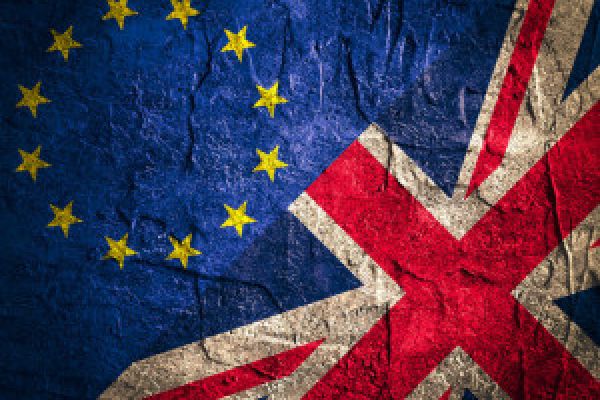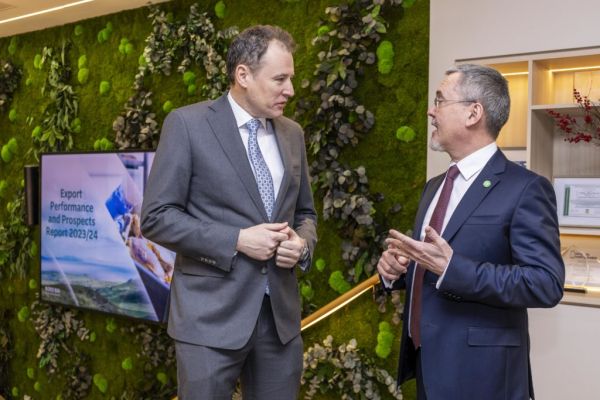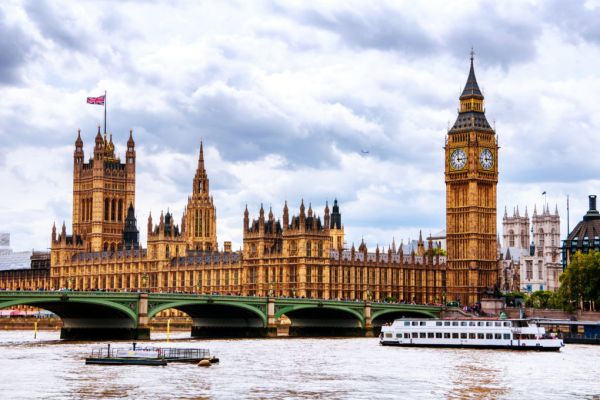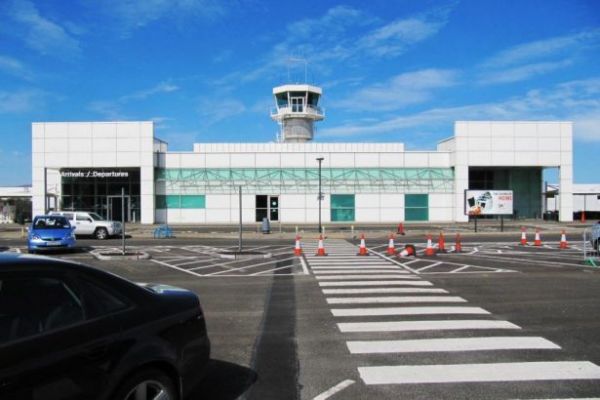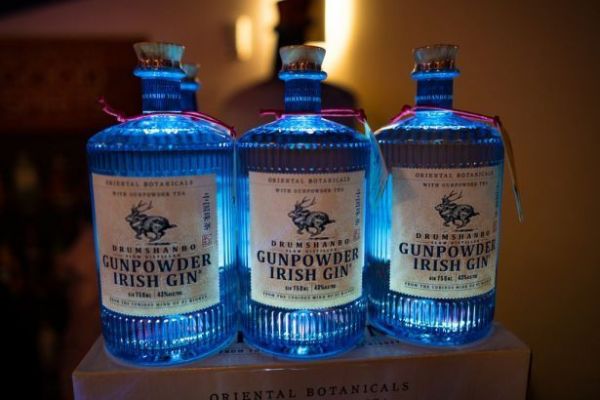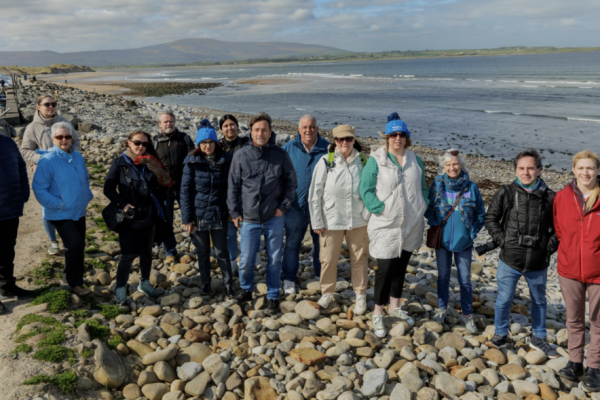Food Drink Ireland (FDI), has welcomed the call by 35 associations representing the UK food and drink supply chain for an early agreement on the UK - Ireland trading relationship, according to a statement it published today (14 March).
Paul Kelly, Director of FDI said, “With 40% of total food and drink exports going to the UK, Ireland is four to six times more exposed than any other European country to Brexit. Supply chains in the food sector are deeply integrated between our two countries and the continued, uninterrupted flow of these supply chains are essential to the competitiveness of food and drink businesses on both islands.”
Kelly said that this is why the Ibec group representing the food sector are 'calling for Brexit negotiations to produce outcomes that support the closest possible economic and trading relationship between the EU and the UK.'
In order to minimise 'economic uncertainty and potential damage' to the food and drink sector, Kelly also outlined that discussions on the future EU-UK trading relationship must start as soon as possible. Kelly also suggested that within the negotiations process it must ensure the following elements:
- A commitment by both sides to negotiate an ambitious and balanced agreement that prioritises continued tariff and barrier free trade, long-term growth, investment and stability.
- The agreement should take account of the special case of the Island of Ireland ensuring that the highly integrated supply chains can continue to operate with free movement of goods and services.
- Transitional arrangements, of sufficient length for businesses to plan and prepare for any new FTA arrangements, may be required to bridge the gap between the completion of the UK two year exit process and until the future EU-UK agreement enters into force. Failure to do so, could lead to unnecessary legal uncertainty and a reversion to high WTO Most Favoured Nations (MFN) tariffs on EU and UK imports of food, drink, and agricultural products. The transitional arrangements must prioritise: Avoiding tariffs and import quota regimes; Avoiding requirements for new customs procedures (e.g. documentation and certification) which would create barriers to trade, delays, and increase administrative costs and Importantly, customs procedures must be dealt with as part of the first phase of Article 50 negotiations.
© 2017 - Checkout Magazine by Donna Ahern
